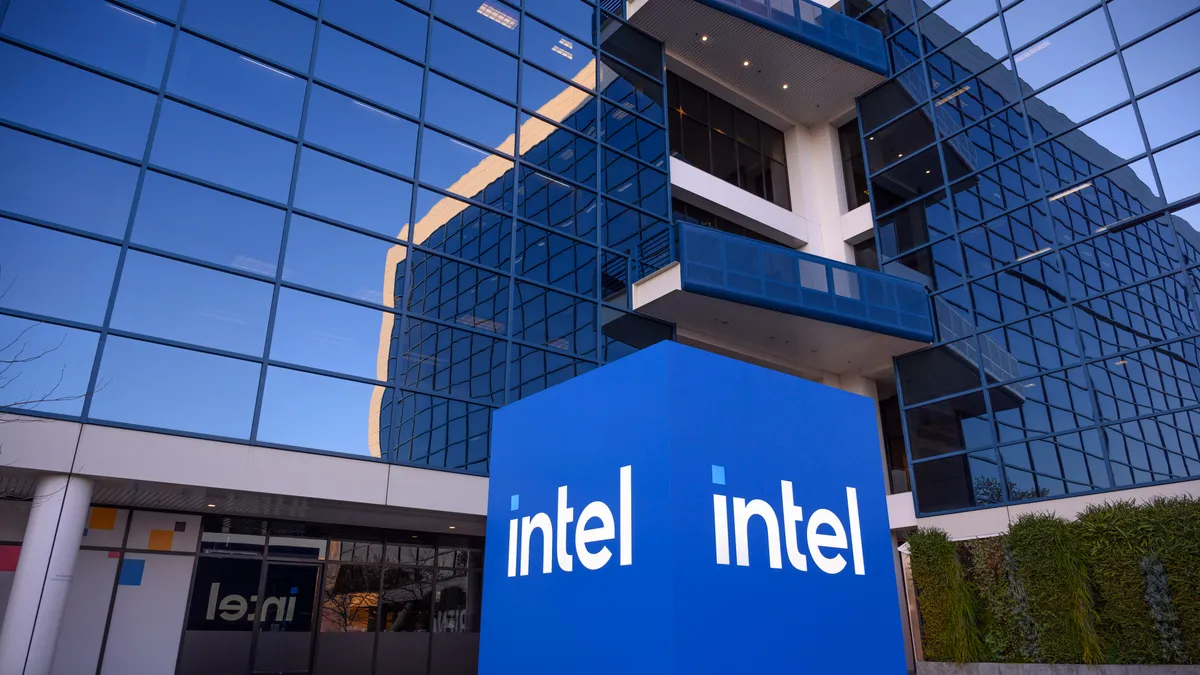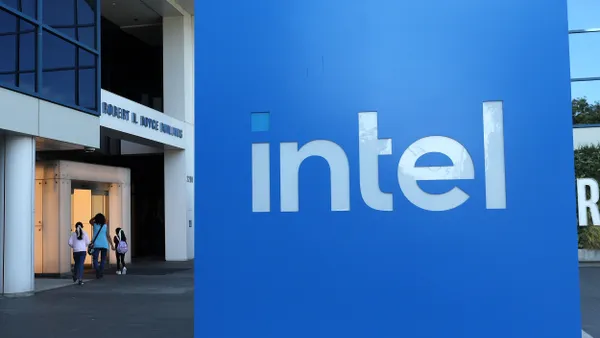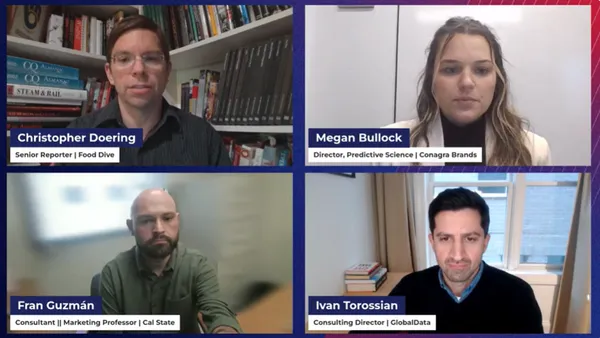Intel has scrapped its $5.4 billion deal to acquire Israel-based chipmaker Tower Semiconductor, the company announced Wednesday morning.
The companies decided to pull out of the acquisition after it failed to receive required regulatory clearance before an Aug. 15 deadline for the transaction, Tower said in a press release. Intel will pay a $353 million termination fee to Tower, the U.S. chipmaker said in its announcement.
The two companies had been waiting on approval from Chinese officials, which they failed to secure, Bloomberg reported. In China, a merger involving two companies that generate more than 800 million RMB (approximately $110 million) in revenue in the country triggers an antitrust review under its Anti-Monopoly Law.
Intel announced the acquisition in February 2022 as part of the company’s 2.0 strategy to expand its global manufacturing footprint and foundry services.
“During the past 18 months, we’ve made significant technological, operational, and business advancements,” Tower Semiconductor CEO Russell Ellwanger said in a statement. “We are well positioned to continue to drive our strategic priorities and short-, mid- and long-term tactics with a continued focus on top and bottom-line growth.”
In June, Intel executives announced during an investor conference that the company was restructuring its manufacturing business to operate as a standalone unit in a bid to cut $10 billion in costs by the end of 2025. The deal with Tower would have helped Intel grow that manufacturing segment.
“Our foundry efforts are critical to unlocking the full potential of IDM 2.0, and we continue to drive forward on all facets of our strategy,” Intel CEO Pat Gelsinger said in a statement. “We are executing well on our roadmap to regain transistor performance and power performance leadership by 2025, building momentum with customers and the broader ecosystem and investing to deliver the geographically diverse and resilient manufacturing footprint the world needs.”
Intel has implemented its IDM 2.0 strategy over the past few months. Last year, the company broke ground on two semiconductor facilities in Ohio. And in June, Intel announced plans to invest $4.6 billion in an assembly and testing facility in Wrocław, Poland, as well as plans to grow its manufacturing footprint in Germany and Ireland.
Israel Prime Minister Benjamin Netanyahu announced Intel’s plans to invest $25 billion toward a semiconductor factory in Kiryat Gat, Reuters reported in June.












